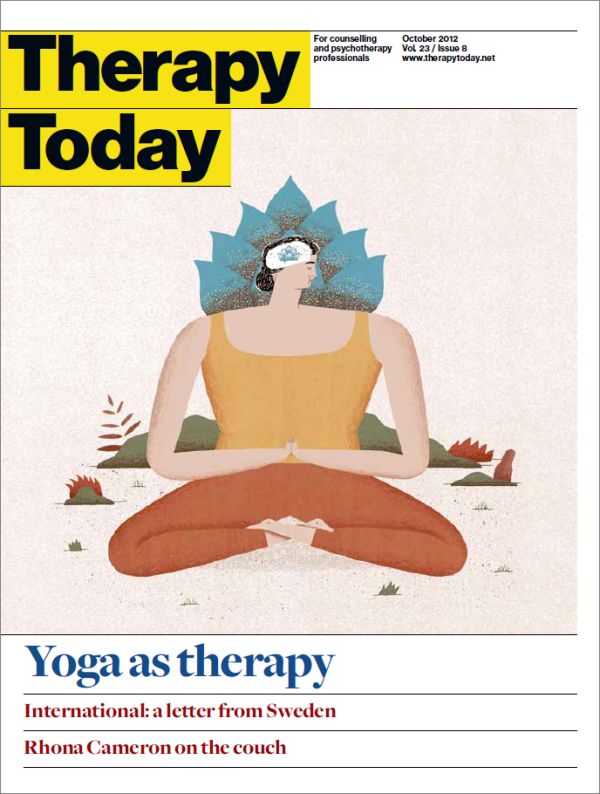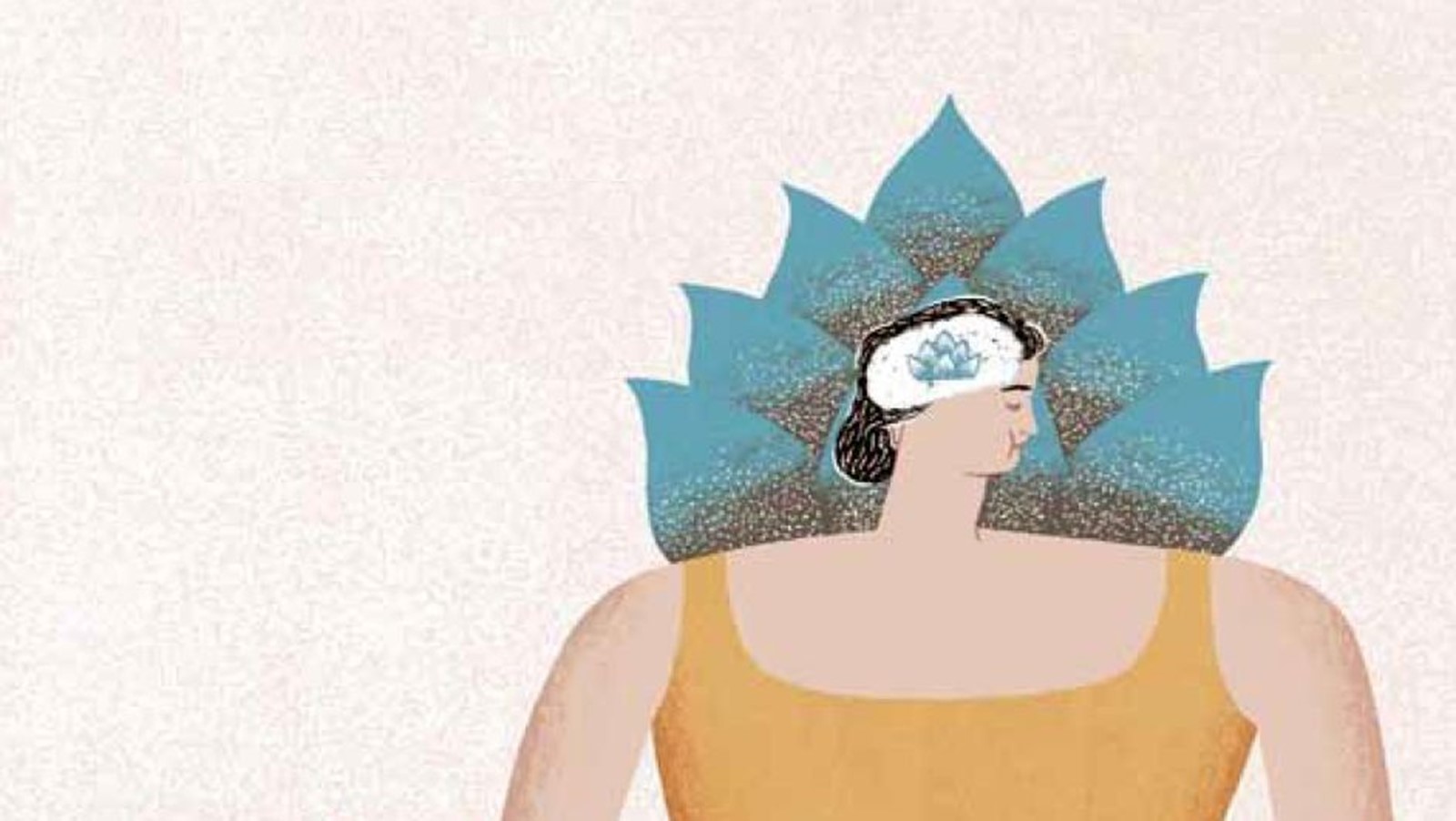In this issue
Features
Yoga for the mind
Jane Ryan outlines the emerging neuroscientific evidence of yoga’s benefits for mental health.
The deceptions of the pharmaceutical industry
James Davies reveals how drug manufacturers manipulated trial data to market antidepressants.
Counselling in a cold climate
Counselling in Sweden is unregulated and barely recognised as a profession, argues Lysanne Sizoo.
Standing up for counsellors
Davy Hutton asks if it is the role of the supervisor to challenge employers who demand too much of counsellors.
Regulars
Talking point
Alison Faulkner: Are we listening?
In the client's chair
Amy White: I needed to make sense of my story
In practice
Rachel Freeth: Mental health by numbers
News feature
Happiness for all
As evidence grows of the direct links between social inequalities and mental wellbeing, Catherine Jackson talks to people in counselling and public mental health about what makes people happy.
Questionnaire
Andrew Powell
Dilemmas
Transference in couples therapy
My life
Rhona Cameron: Learning to live with myself
How I became a therapist
Jon Treanor
Letters
BACP
From the chair
Amanda Hawkins: My dream came true

Articles from this issue are not yet available online. Members and subscribers can download the pdf from the Therapy Today archive.
Editorial
I remember being very irritated by one of the other mothers at the primary school gates when she used to insist that her children tell her three good things about their school day. I tried it once with my kids but they just laughed. I struggle with certain aspects of positive psychology and the happiness agenda. It can feel so contrived and it seems increasingly irrelevant and inappropriate to be talking about happiness when so many people are struggling for survival. It’s as if we have all dropped down a level or two in Maslow’s hierarchy of needs so that the pursuit of happiness is now a luxury a great many cannot afford.
But, as our news feature ‘Happiness for all’ reports, the Government is busy measuring our wellbeing and life satisfaction. And, although times are tough, the average level of contentment with life in the UK is reported as being seven out of 10 (although almost half of unemployed people rated their life satisfaction as below average).
It would take a huge paradigm shift in politics and values before governments really start to prioritise wellbeing and currently our world leaders are more focused on rescuing failing economies than anything else. But what is encouraging about the happiness agenda is that people are finally beginning to really understand that consumerism isn’t the answer and that, as the income gap between rich and poor grows ever larger, life satisfaction and mental ill health are likely to worsen.
Perhaps in future yoga will make it onto Richard Layard’s Action for Happiness list of 50 action points for happier living. In our cover feature, Jane Ryan updates us on the latest research into the neurobiology of yoga and mental health. In a world where, she reminds us, emotional disruption is increasingly endemic and attachment relationships are often broken or insecure, yoga may be ‘an emerging prescription’ to help us self-regulate.
Sarah Browne
Editor
